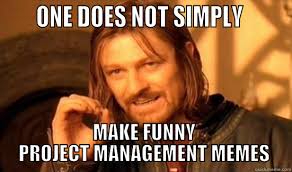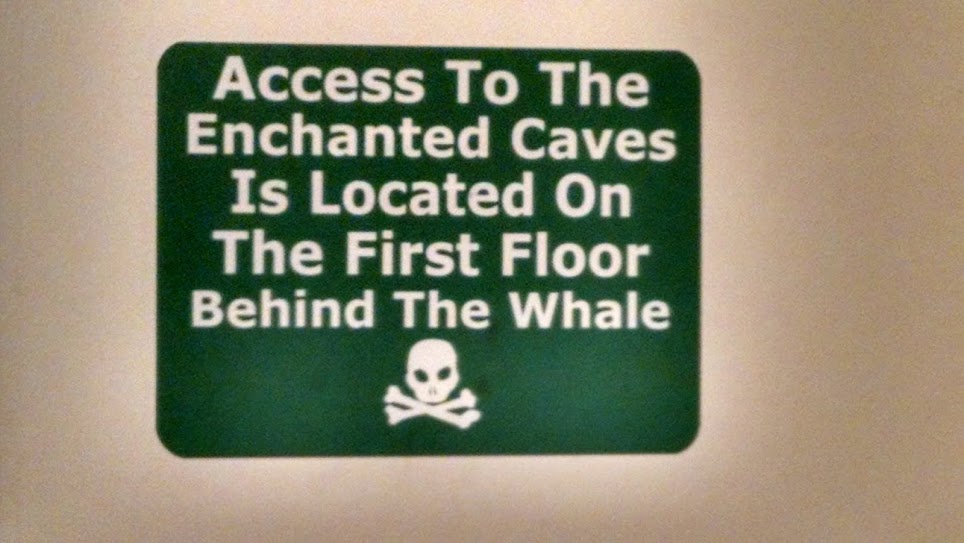Project management is big business. Every day, there are thousands of companies around the world trying to get things done. When they want to do something differently, they create a project to do it. And once they have a project, they need to manage it.
The Project Management Institute is just one of the many authorities advising would-be project managers on what to do and how to do it. You could fill a library and a good part of a warehouse with guides, manuals, and methodologies for project management.
Virtually all of them will tell you that a project needs to have a project charter, a project schedule, an issue log, a risk log, a project governance structure, and so on and so forth. Furthermore, there’s metadata about the project. What methodology is it using? What tool will be used for documenting the project schedule? How will progress be tracked and reported?
Driving all of these tasks – managing them, if you will – is the job of the project manager.
What is commonly not the job of the project manager? Surprisingly to some – but not to others – the project manager is often not responsible for the actual delivery of the project objectives.
In many organizations, the project manager is an administrator. Better ones will be proactive and vocal, asking for status on deliverables before the day they’re due, discussing issues before they’ve turned into burning oil platforms. But, as I often call them, they are professional nags. Everyone else is busy actually getting something done, and they’re making sure their PowerPoint slides look good for the Steering Committee.
No wonder that in some organizations, project managers get very little respect.
And no wonder that in many organizations, they also get very little accomplished.
I worked with someone whose project management mantra was “Projects get behind a minute at a time, a day at a time.” His point was that a project manager has to be on top of things every single moment, because once you’ve let something slip, the time’s gone. You’ll never get back the half a day that you lost because someone’s computer went down or a key business contact was out sick.
I’ll concede that there’s a basic point there. You almost never make up time on a project. If you’re late getting to your first milestone, you can safely push them all back.
I found this mantra tremendously annoying, however. First, it demanded an intensified experience as a project nag. Simply thinking in terms of human communication, there’s a limit to how often and how rigorously you can ask people to provide updates on what they’re doing. Ask enough times, you can be sure you’re going to get evasions, estimates, and outright lies. Anything to get rid of you.
Second of all, it oversimplifies why projects are late, and suggests that every problem is either avoidable with proper foresight or fixable within its original timeframe.
Project management is about planning, predictions, and mitigations. I may sound critical of it, but there is no question that sound project management is key to project success.
Project leadership, on the other hand, is about owning the outcome and working with everyone involved to deliver it.
A project can be well run, knock off all its project management artifacts, produce its deliverables, come in on time and under budget, and still be a failure. That’s what happens – best case scenario – when there is no leadership.
Here are some more specific ways in which a project leader differs from a project manager:
- A project manager accepts resources as provided. A project leader constantly reviews project resources needed for project success.
- A project manager accepts the project structure provided. A project leader constantly reviews the project structure for project success.
- A project manager drives administrative completion of standard project management tasks. A project leader selects standard project management tasks as tools to enable delivery success.
- A project manager focuses on project management deliverables. A project leader focuses on the delivery of the business outcome, regardless of the source of issues or solutions.
- A project manager supports team delivery of a business outcome. A project leader collaborates on achievement of a business outcome.
In short, a project leader:
- Is engaged with the team
- Is engaged with the project sponsor and shares ownership of project outcomes
- Takes personal responsibility for project success

